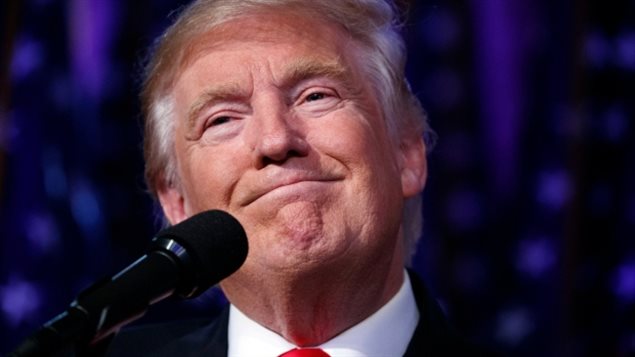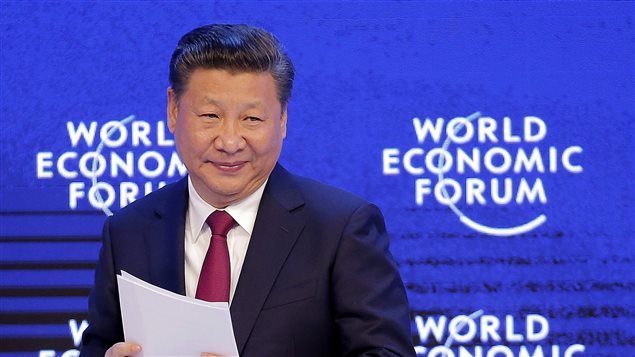China’s president made headlines the world over as he pressed the case for free trade in his opening address to the World Economic Forum in Davos, Switzerland. Xi Jinping warned “no one will emerge as a winner in a trade war.”
The comments are seen as a warning to president-elect Donald Trump who has complained about trade with China and other nations, and has vowed to enact ‘America first’ polices after he is sworn in on January 20.
University of Toronto economics professor Loren Brandt says that what Trump said during the campaign and what he does once in office may be different. But he says that if the U.S. does set up trade barriers that could provoke retaliatory action.
‘Let’s…hope this doesn’t happen’
“If history happens to be any kind of an experience, once countries begin to retaliate the consequences are huge. Today, in light of just how integrated countries are, economies are, firms are, this could just be highly disruptive…(and) potentially (incur) very big costs. Let’s just hope this doesn’t happen.”
Analysts say China is trying to position itself as a leader on the global economy. Brandt says that is nothing new, but that China’s domestic concerns may thwart its efforts. Growth and productivity have slowed considerable and many efforts at economic reform have stalled.

Canadian trade worries
Canadians are becoming increasingly concerned that Trump’s promises to tear up the North American Free Trade Agreement will affect U.S. trade with Canada. The U.S. is by far Canada’s biggest trading partner and much of its prosperity depends on it.
The Canadian government is stepping up efforts to increase trade with China and will soon begin a round of free-trade talks with it. But Brandt cautions such a deal would take years to conclude and, given China’s economic situation, the benefits may not be as big as some would hope.







For reasons beyond our control, and for an undetermined period of time, our comment section is now closed. However, our social networks remain open to your contributions.